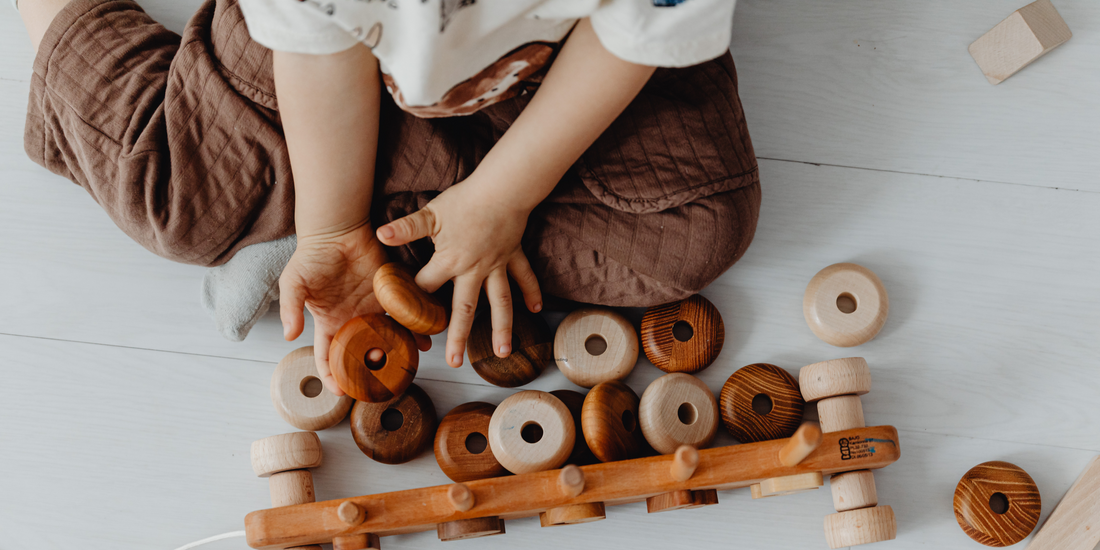
How do toys support a child's development?
Share
Toys can be a powerful tool in supporting the development and growth of children with special needs. Toys can help children with special needs learn new skills, develop sensory integration, improve fine motor skills, and promote social interaction. Here are some ways in which toys can help children with special needs play:

-
Promote sensory integration: Sensory integration is the ability to receive, process and respond to sensory information from the environment. Children with special needs may struggle with this skill, and toys can be a great way to support sensory integration. Toys with different textures, colors, shapes, and sounds can help children with special needs learn to process sensory information and improve their overall sensory processing abilities.
-
Develop fine motor skills: Fine motor skills are the ability to use small muscles in the hands and fingers, and they are essential for everyday tasks such as writing, cutting, and using utensils. Toys that require manipulation, such as puzzles, building blocks, and art supplies, can help children with special needs develop their fine motor skills in a fun and engaging way.
-
Encourage imaginative play: Imaginative play is an essential part of childhood development, and it can help children with special needs develop social skills, communication, and creativity. Toys that encourage imaginative play, such as dolls, action figures, and dress-up clothes, can help children with special needs develop their imagination and learn to interact with others.
-
Foster social interaction: Many children with special needs struggle with social interaction, but toys can be an effective way to promote socialization. Toys that encourage group play, such as board games or building sets, can help children with special needs learn to take turns, share, and communicate with others.
-
Provide therapeutic benefits: Some toys are specifically designed to provide therapeutic benefits for children with special needs. For example, weighted blankets and sensory balls can provide calming sensory input, while therapy swings and trampolines can help with sensory regulation and gross motor skills.
In conclusion, toys can be a powerful tool in supporting the growth and development of children with special needs. By promoting sensory integration, developing fine motor skills, encouraging imaginative play, fostering social interaction, and providing therapeutic benefits, toys can help children with special needs learn and grow in a fun and engaging way.
To help support your child's goals get your toy-scription today! Place an order here!
